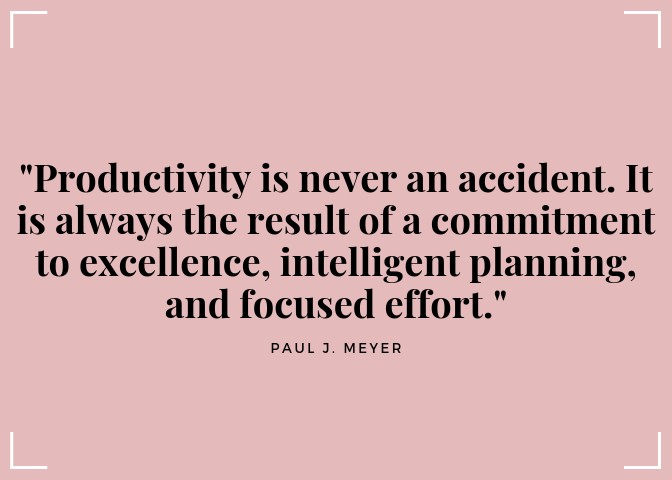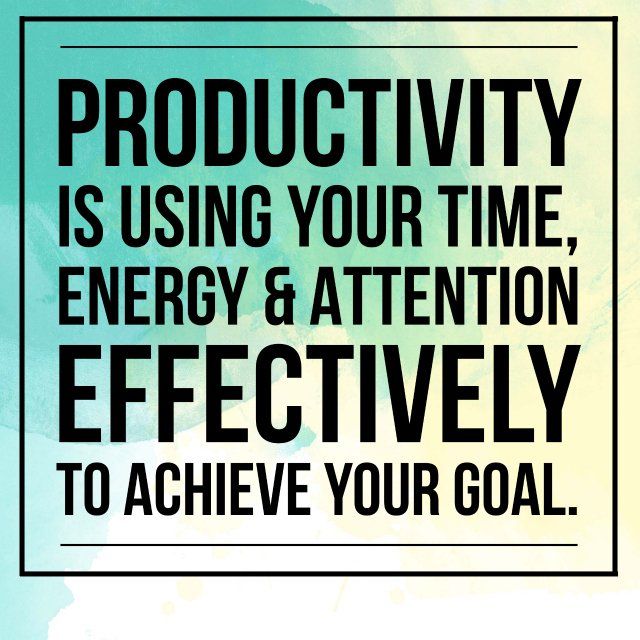Cryptocurrency and the Nonprofit Sector

In July, we shared a Forbes article about Using Cryptocurrency in Your Nonprofit on the Pathways to Growth LinkedIn page that generated more engagement than anything else we had posted. Because of that interest, we wanted to follow up with additional information.
First, let me acknowledge that I am not an expert in this field. I read more than a dozen articles in financial and nonprofit forums and asked advice from colleagues who advise nonprofits on financial planning to gather information for this blog post. As a former nonprofit executive director, this was where I started when new issues or opportunities arose for my organization – I did my research.
Cryptocurrency is a rapidly growing sector of the economy. Much like the stock market, you don’t necessarily have to understand the intricacies of how it works in order to accept donations (this analogy was used repeatedly in articles – apparently most people don’t understand the stock market J). There are several things that are important to understand:
- Cryptocurrency is volatile – the value of each currency varies greatly from day to day and month to month. Some cryptocurrencies seem to disappear while others are relatively stable in presence if not in value. Some people have made millions of dollars investing in this area. Some of those investments have evaporated overnight. If your organization chooses to accept cryptocurrency donations, you will need to establish a policy about what you do with the donations. Do you leave them invested and hope for a strong return, or do you convert them to cash immediately? I strongly urge you to consult with an attorney and/or a financial advisor when making this decision with your board.
- Cryptocurrency has the potential to open up new funding streams. Fidelity Charitable reported receiving $69M in cryptocurrency donations in 2017 compared to $7M in 2015 and 2016 combined. From crypto-millionaires who have donated to various nonprofits to the Pineapple Fund which has given almost $56M anonymously to 60 different organizations, there is growing potential funding opportunity in cryptocurrency. Tapping into these new donors is still a bit of a puzzle for most nonprofits.
- Cryptocurrency is considered an asset, not a currency, for IRS purposes. This has substantial implications for donors as they may receive a larger deduction under current tax rules. This also has implications for organizations that retain cryptocurrency rather than converting it to cash. (Consult a financial advisor for specific tax/reporting advice)
- Cryptocurrencies are anonymous, uninsured, and technology dependent. If something goes wrong, you do not have the same recourse to get money back as you do with a bank or credit card company.
- As a nonprofit, you need to exercise due diligence in trying to identify donors, but the IRS does allow for donors to remain anonymous. However, if you are an organization that issues grants, there are additional requirements. Consult an attorney and financial advisor to ensure you meet all applicable standards and best practices if your organization chooses to accept cryptocurrency donations.
- Cryptocurrency is an evolving sector. The technology, currencies, philanthropy, and laws are all changing on an almost constant basis. While it is necessary to establish a policy and procedure for accepting cryptocurrency donations, it is important to understand that this is not the type of policy that stays in place for years. If you choose to accept cryptocurrency donations, you will need to reexamine your policy regularly (at least once, if not twice a year) until this sector stabilizes.
For more information on this subject, check out the following resources:
- This CoinTelegraph article focuses on current trends in crypto-fundraising and what that might tell about the future
- This Forbes article discusses “What You Need To Know About Using Cryptocurrency In Your Nonprofit”
- Guidestar: Blog provides a basic introduction to Bitcoin with their view on how early adoption can help nonprofits get a fundraising competitive advantage
- com provides a list of 5 things organizations should take into consideration when deciding whether or not to accept cryptocurrency donations
- Windfall provides information about the tax implications for donors and organizations when accepting cryptocurrency donations
Please note: Pathways to Growth does not offer legal advice or financial investment advice as this is outside of our area of expertise. Your organization should consult a financial advisor and attorney when determining whether or not to accept cryptocurrency donations and whether to retain or convert those donations.


#PathwaysToGrowth
All Rights Reserved | Pathways To Growth









